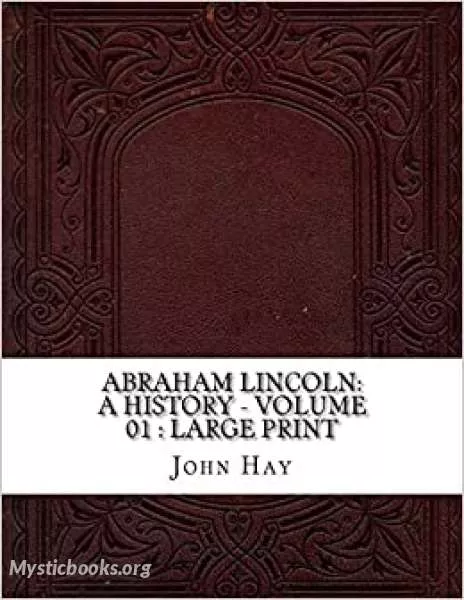
Abraham Lincoln: A History (Volume 1)
'Abraham Lincoln: A History (Volume 1)' Summary
Early in his presidency, Hay and Nicolay requested and received permission from Lincoln to write his biography. In the first years after Lincoln's death, Hay and Nicolay were not encouraged to publish such a work—Representative Isaac Newton Arnold, a Lincoln supporter, had quickly published a substantial Lincoln biography, and publishers were not eager for another. Further, the permission of Robert Lincoln, who controlled his father's papers, would have to be gained. Lincoln's former secretaries decided to wait until they had sufficient time and money.
The often-dormant proposal to write the biography was given new impetus as they came to believe Lincoln's historical image was being distorted. Ward Hill Lamon in 1872 published a biography of Lincoln based on research by William Herndon, Lincoln's law partner. Lamon's book first made widely known many of the early accounts of Lincoln's life, such as those regarding Ann Rutledge, whom Lamon related Lincoln had loved and whose death devastated him. Without access to his papers, these early biographers focused on these episodes told of the young Lincoln, that fascinated the public. The Lincoln family believed some of these distorted or untrue, and in any event disrespectful. Also becoming popular were interpretations of the war that minimized Southern blame, with the bravery of the soldiers stressed in the name of sectional reconciliation. Popular fiction, such as that by Joel Chandler Harris, pressed a nostalgic view of the Old South.
By 1872, Hay was "convinced that we ought to be at work on our 'Lincoln.' I don't think the time for publication has come, but the time for preparation is slipping away." Robert Lincoln, Lincoln's surviving child, in 1874 formally agreed to let Hay and Nicolay use his father's papers; by 1875, they were engaged in research. Hay and Nicolay enjoyed exclusive access to Lincoln's papers, which were not opened to other researchers until 1947. They gathered documents written by others, as well as many of the Civil War books already being published. They at rare times relied on memory, such as Nicolay's recollection of the moment at the 1860 Republican convention when Lincoln was nominated, but for much of the rest relied on research. The research was so extensive that in their published work, Hay and Nicolay sometimes wrote that no records exist on certain points—statements that later proved to be premature.
Hay began his part of the writing in 1876; the work was interrupted by illnesses of Hay, Nicolay, or family members, or by Hay's writing of The Bread-Winners. When Hay was in Washington as Assistant Secretary of State in 1879–81, and after Hay returned to Washington in 1885, he and Nicolay (then the Marshal of the Supreme Court) would walk to each other's house with chapter drafts or research materials. In 1881, after his temporary service as editor of the Tribune in Whitelaw Reid's absence, he agreed to do unsigned Civil War book reviews for the Tribune, but when asked to do obituaries as well, refused, "I have not read anything this winter except what bears on one subject".
By 1885, Hay had completed the chapters on Lincoln's early life, and they were submitted to Robert Lincoln, Robert retained the right of approval of the text, and required a number of changes, for example, he felt the depiction of Lincoln's father Thomas showed him as too shiftless. Sometimes Hay and Nicolay alternated chapters, sometimes one took responsibility for an entire volume.
Book Details
Language
EnglishOriginal Language
EnglishPublished In
1890Genre/Category
Tags/Keywords
Authors
Download eBooks
Listen/Download Audiobook
- Select Speed
Related books
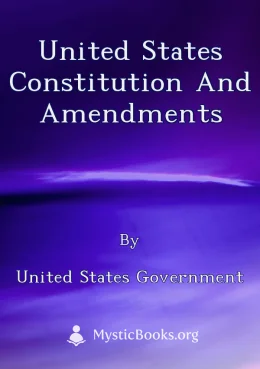
United States Constitution and Amendments by United States Government
This book presents the full text of the United States Constitution, including its original articles and all twenty-seven amendments. It is a primary...

County Regiment by Dudley Landon Vaill
This book delves into the history of the Second Regiment of Connecticut Volunteer Heavy Artillery, originally known as the Nineteenth Volunteer Infant...
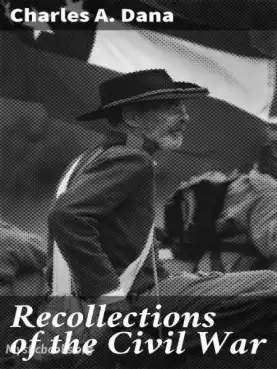
Recollections of the Civil War by Charles Dana by Charles Anderson Dana
Recollections of the Civil War records the events that took place during the American Civil war. It forms one of the most remarkable volumes of histor...
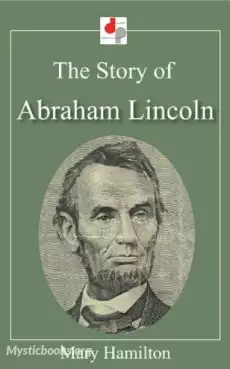
The Story of Abraham Lincoln by Mary A. Hamilton
In this biography for young adults, Mary A. Hamilton gives a British person’s perspective on the 16th President of the United States. A glowing tribut...
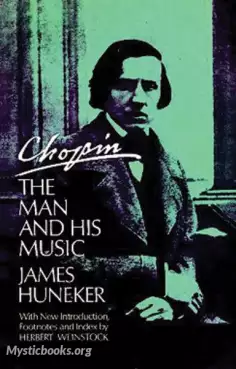
Chopin: the Man and His Music by James Huneker
A biography of the Polish composer and virtuoso pianist Frédéric Chopin and a critical analysis of his work by American music writer and critic James...
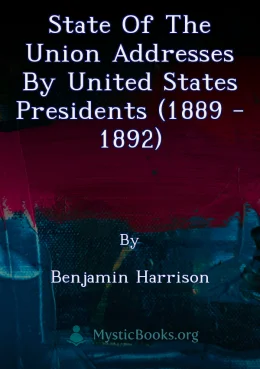
State of the Union Addresses by United States Presidents (1889 - 1892) by Benjamin Harrison
This book contains the transcripts of President Benjamin Harrison's annual State of the Union addresses delivered between 1889 and 1892. These address...
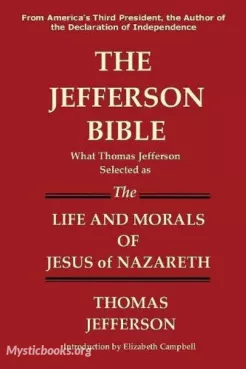
The Jefferson Bible - The Life and Morals of Jesus of Nazareth by Thomas Jefferson
Thomas Jefferson, the third president of the United States, created his own Bible by extracting the moral teachings of Jesus from the four canonical g...

Anti-Coup by Gene Sharp
This book introduces an anti-coup policy for protection against political coups. It advocates for resisting coups using nonviolent methods of noncoope...

North America Vol. 2 by Anthony Trollope
In 1861-1862, renowned Victorian novelist Anthony Trollope embarked on a journey through the Canadas and the United States to observe their customs, s...

Half a Century by Jane Grey Swisshelm
A woman's extraordinary journey through the turbulent times of the abolitionist and women's rights movements. Jane Grey Swisshelm's autobiography, Ha...
Reviews for Abraham Lincoln: A History (Volume 1)
No reviews posted or approved, yet...

